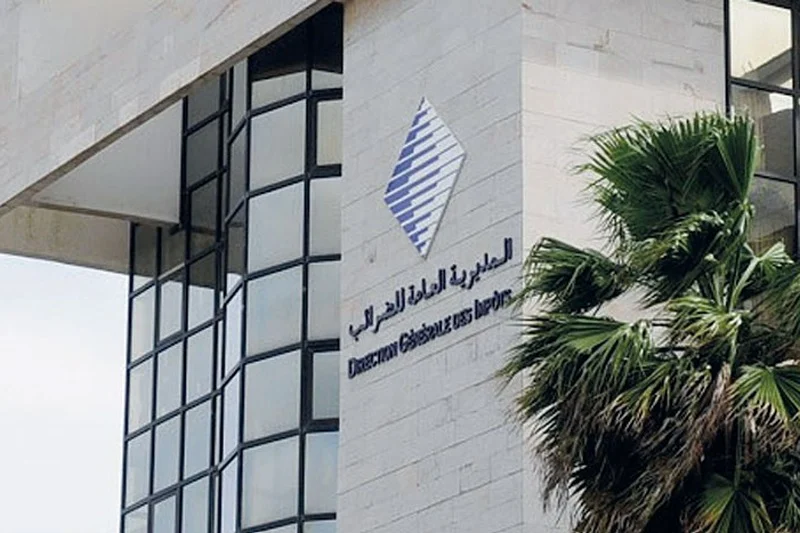The Moroccan government unveiled significant tax reforms as part of the 2025 Finance Law, aiming to ease the tax burden on individuals and businesses while enhancing transparency and administrative efficiency.
The General Directorate of Taxes (DGI) detailed the measures in a summary released this week, highlighting adjustments to corporate tax, personal income tax, value-added tax (VAT), and other fiscal policies.
Corporate Tax Updates
Businesses will benefit from increased allowances for tax-deductible depreciation on passenger transport vehicles. Additionally, tax incentives for corporate group restructuring have been revised to better align with economic priorities.
Personal Income Tax Reforms
A major reform aims to reduce the tax burden for individuals. Key changes include raising the income tax exemption threshold from 30,000 dirhams to 40,000 dirhams, revising tax brackets to lower rates, and reducing the marginal tax rate from 38% to 37%.
Other measures focus on increasing deductions for family-related expenses and introducing tax exemptions for pensions, which will be fully implemented by 2026. Taxpayers with property income can now opt for a flat 20% tax rate, eliminating the need for annual declarations.
The law also introduces new taxable income categories, including unexplained income sources, foreign gambling winnings, and miscellaneous profits.
Value-Added Tax and Registration Fees
The VAT reforms include exemptions for educational and professional training equipment, as well as temporary exemptions for importing live animals, meats, and agricultural products. The share of VAT revenues allocated to local authorities has been increased to 32%.
Registration fee exemptions have been extended to the families of fallen soldiers and military personnel, while electronic transmission of notarized documents is now mandatory.
Other Key Measures
Vehicle owners will have 60 days, instead of 30, to pay their annual tax following registration. The law also includes new incentives for organizations affiliated with FIFA and further codifies the taxation of cement production.
The 2025 Finance Law reflects the government’s commitment to modernizing fiscal policies while supporting social and economic development goals.
The post Breakdown of Morocco’s 2025 Finance Bill tax changes appeared first on HESPRESS English – Morocco News.





 No products in the cart.
No products in the cart.